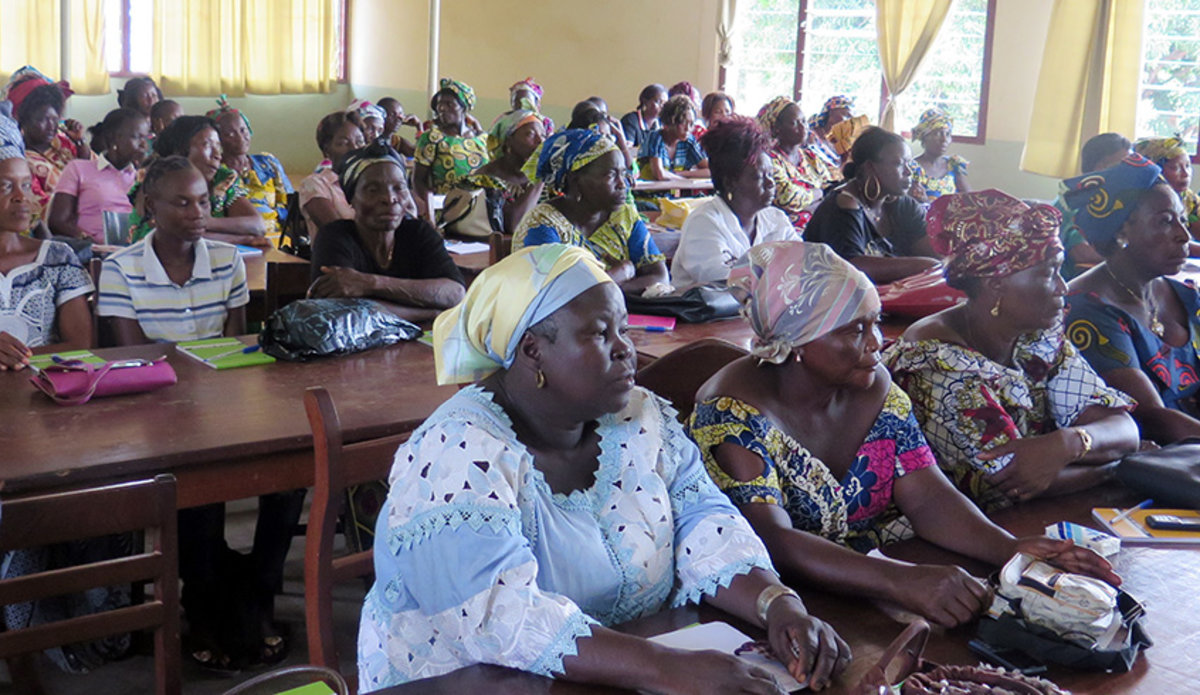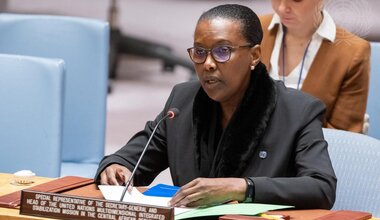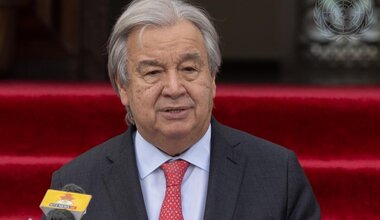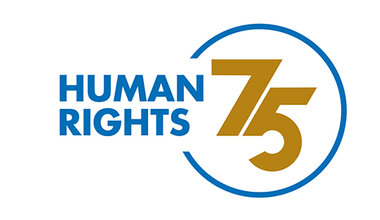Reaching out to the local communities to fight sexual exploitation and abuse
MINUSCA has started on Tuesday, 17 May, a series of meetings with youth, women, religious leaders and traditional chiefs in Bangui to inform them about measures implemented by the mission to prevent and combat sexual exploitation and abuse committed by peacekeepers.
In recent months the UN mission in CAR has significantly reinforced its battle against sexual exploitation and abuse (SEA): Support to victims, sensitisation of all troops on the ground on the UN code of conduct and sanctions, deployment of SEA task forces throughout the country, etc. The fight is on all fronts.
Under the theme “Let’s fight together sexual exploitation and l abuse”, about 280 civil society leaders will become better educated on the subject and will be more able to explain to their communities how to identify and denounce prohibited behavior. The meeting will also deliver a strong message against the stigmatization of SEA victims.
This outreach activity has already been implemented in Bambari, Bouar and Bria and will soon be reproduced in different locations throughout the country.
MINUSCA has implemented a set of measures against this scourge, with particular emphasis on the protection of victims, conducting investigations when allegations are known, and ensuring justice for the victims.
These measures are in line with the UN Secretary-General’s Zero tolerance policy. At the global level, several strong decisions have been taken, among them the appointment of a Special Coordinator, Jane Holl Lute, to improve the UN response to sexual exploitation and abuse. She visited the Central African Republic in April and delivered a strong message to UN staff.
In March the Security Council adopted a resolution on SEA to ensure greater accountability. It calls fors, among other things, to "repatriate a particular military unit or formed police unit of a contingent when there is credible evidence of widespread or systemic sexual exploitation and abuse by that unit”.
It also places particular emphasis on the conduct of investigations by the Member States and gives the UN Secretary-General the possibility of replacing entire military or police units if the “particular troop- or police-contributing country has not held the perpetrators accountable”.
 UN
UN United Nations Peacekeeping
United Nations Peacekeeping





